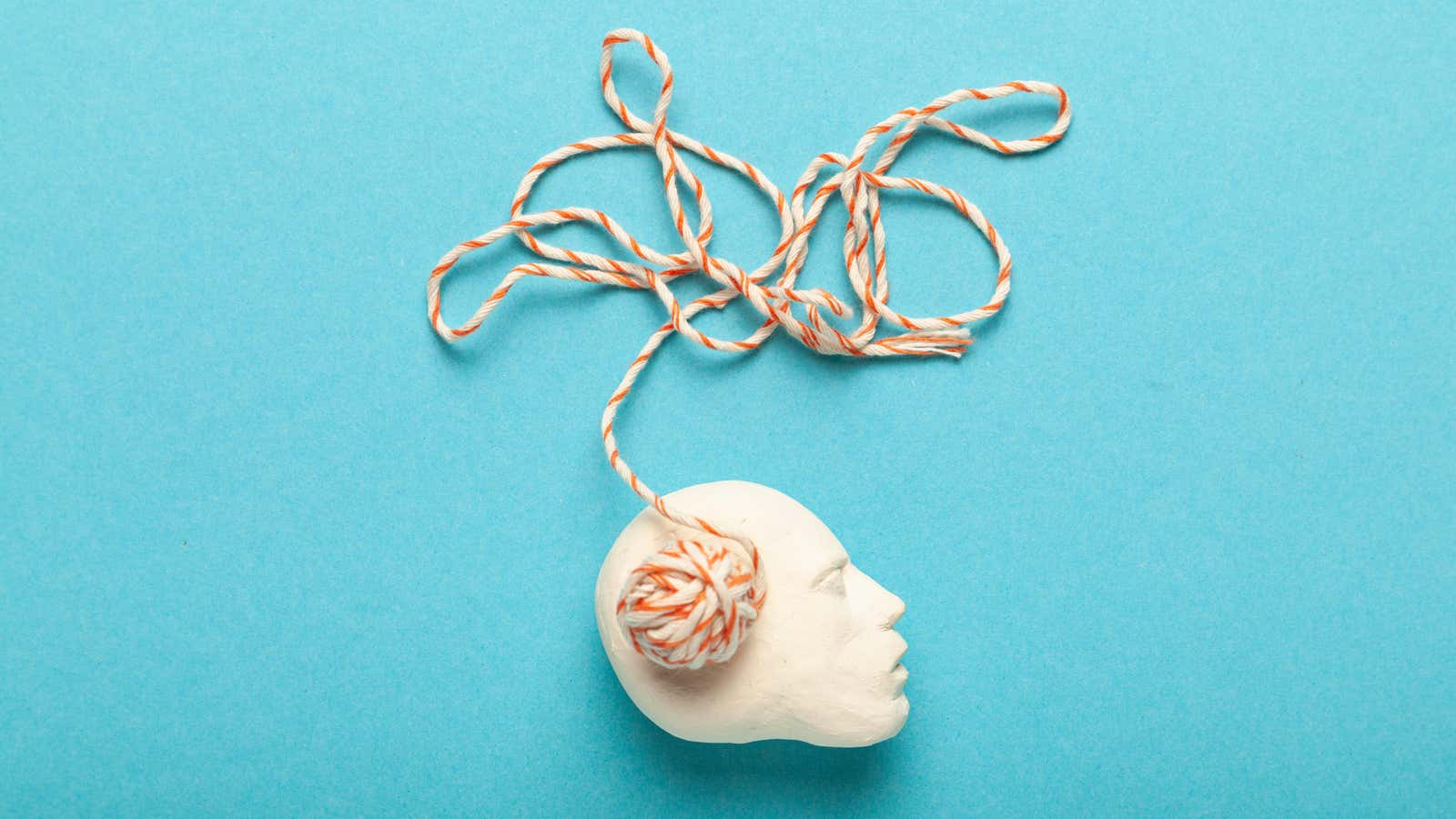How to Check (and Increase) Your Concentration

We’ll be short.
Over the past few years, you’ve probably seen at least one article claiming that people’s attention span is diminishing to the point that even goldfish are more focused than we are.
And while the 2017 BBC article took a while to go over the statistics and sources from which this figure was obtained and question its reliability, many people openly describe themselves as people with little attention. Some even talk about the presence or “existence” of ADHD (referring to attention deficit hyperactivity disorder) as if it were an annoying habit rather than a serious clinical diagnosis.
So how do you know if your attention span is truly unusually short? And what can you do to improve yours? Here’s what you need to know.
How to tell if you have short attention
Again, the terms “short attention” and “ADHD” are not interchangeable. If you are concerned that you may have ADHD (a clinical condition), this should be discussed with your healthcare provider.
However, if you’re curious about the approximate duration of your attention, there are several online tests you can take, including this one from Psychology Today or this concentration test from MentalUp. To be clear, these are not diagnostic tests, but they might be useful to some people who want to identify areas that they might want to work on.
How to increase concentration
There is no quick fix for improving concentration, but here are a few strategies that can help:
Mindfulness exercises
If you are new to mindfulness, there is no need to start right away and try to do it like normal practice – start with some basic exercises like the 5-4-3-2-1 technique . The purpose of this and other grounding exercises is to pay attention to your surroundings and take the time to notice your surroundings. This will not only help you deal with anxiety , but it will also teach your brain to be more attentive.
Listen actively
If you are unfamiliar with the term, “active listening” is a conscious effort not only to hear what the other person is saying, but also to find the time and mental energy to listen and process it as well . As with mindfulness, the goal of active listening is to become more mindful.
Take breaks
It may seem counterintuitive – especially if you feel like you’re already taking a lot of mental breaks when you can’t focus on something – but a real deliberate break can make a huge difference. And when we say break, we mean get up and move for five to ten minutes.
You can use this time to go to the toilet, get some water or a snack, stretch, take a walk for a few minutes, whatever you like best. Since you’ve mentally approved this hiatus, you can enjoy all the guilt-free attention boosting benefits you might feel when you “accidentally” start scrolling through Instagram or shopping online when you should be working.